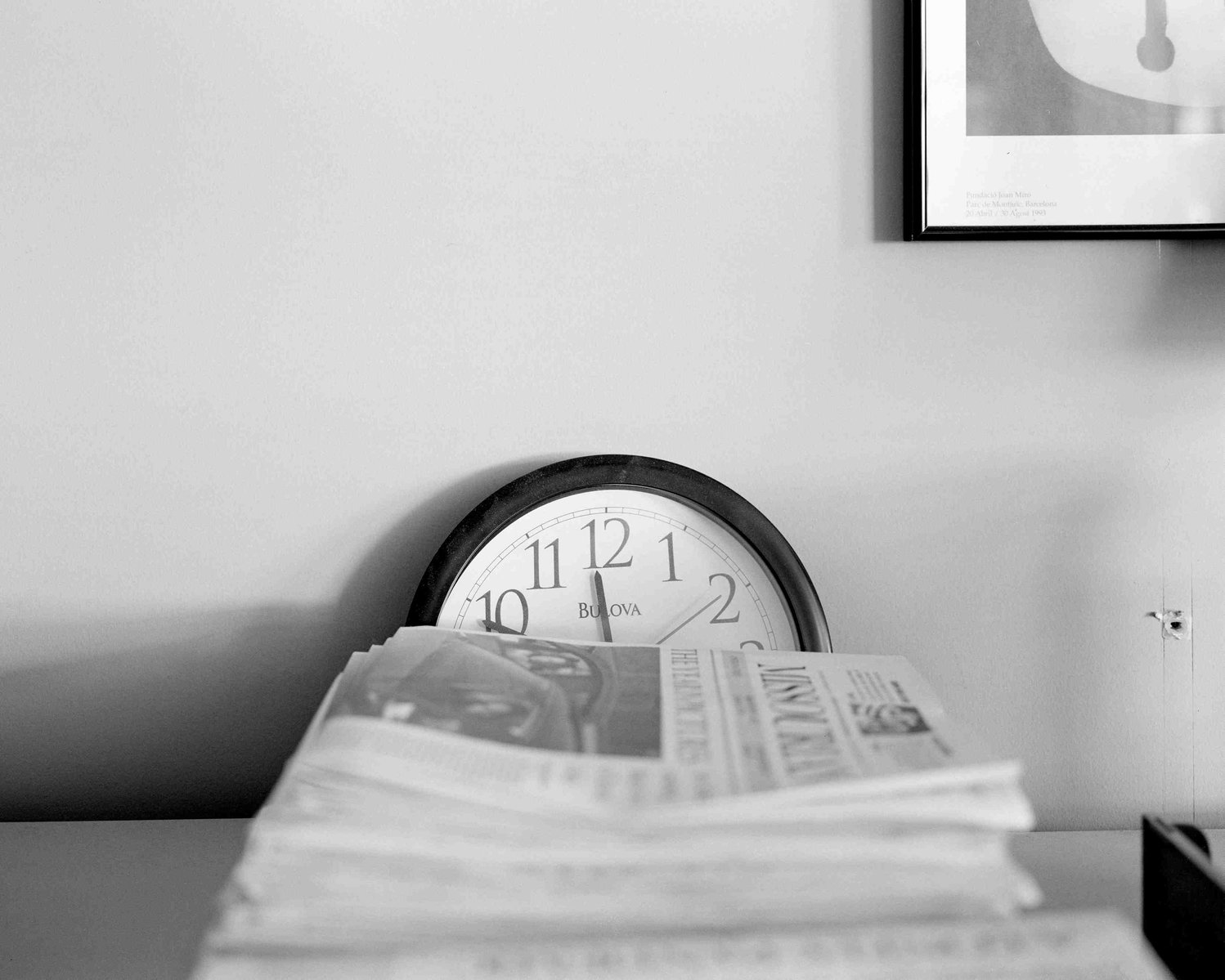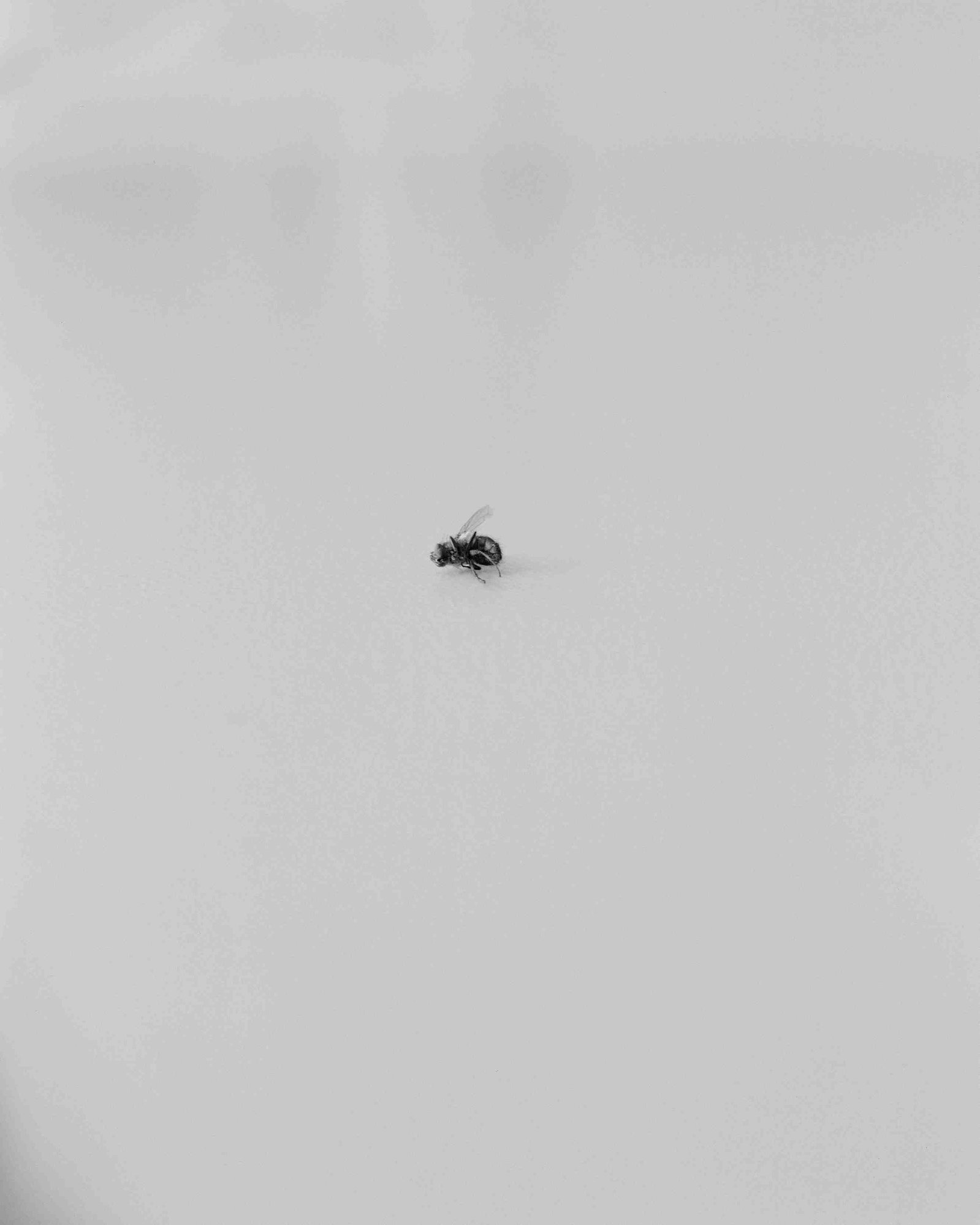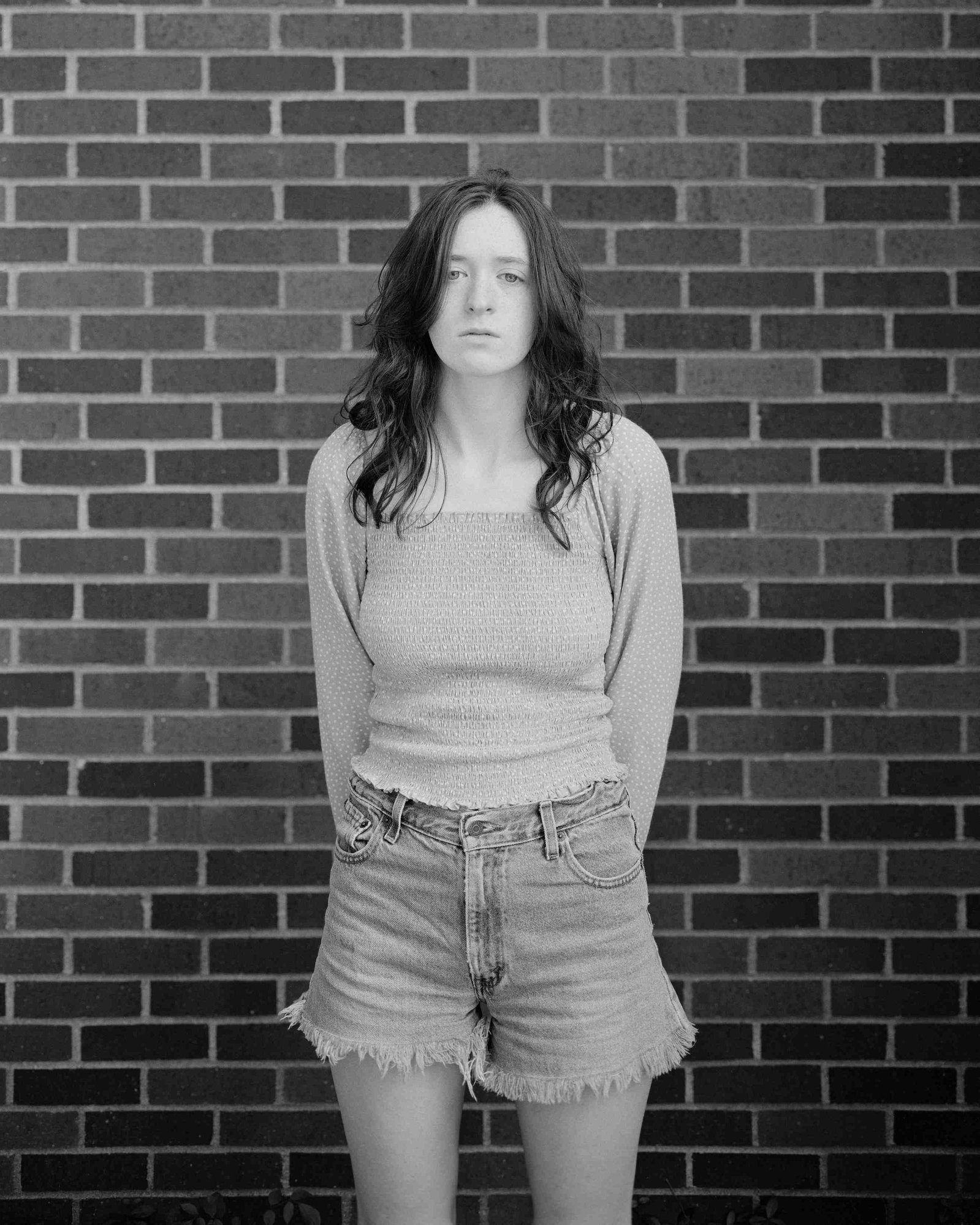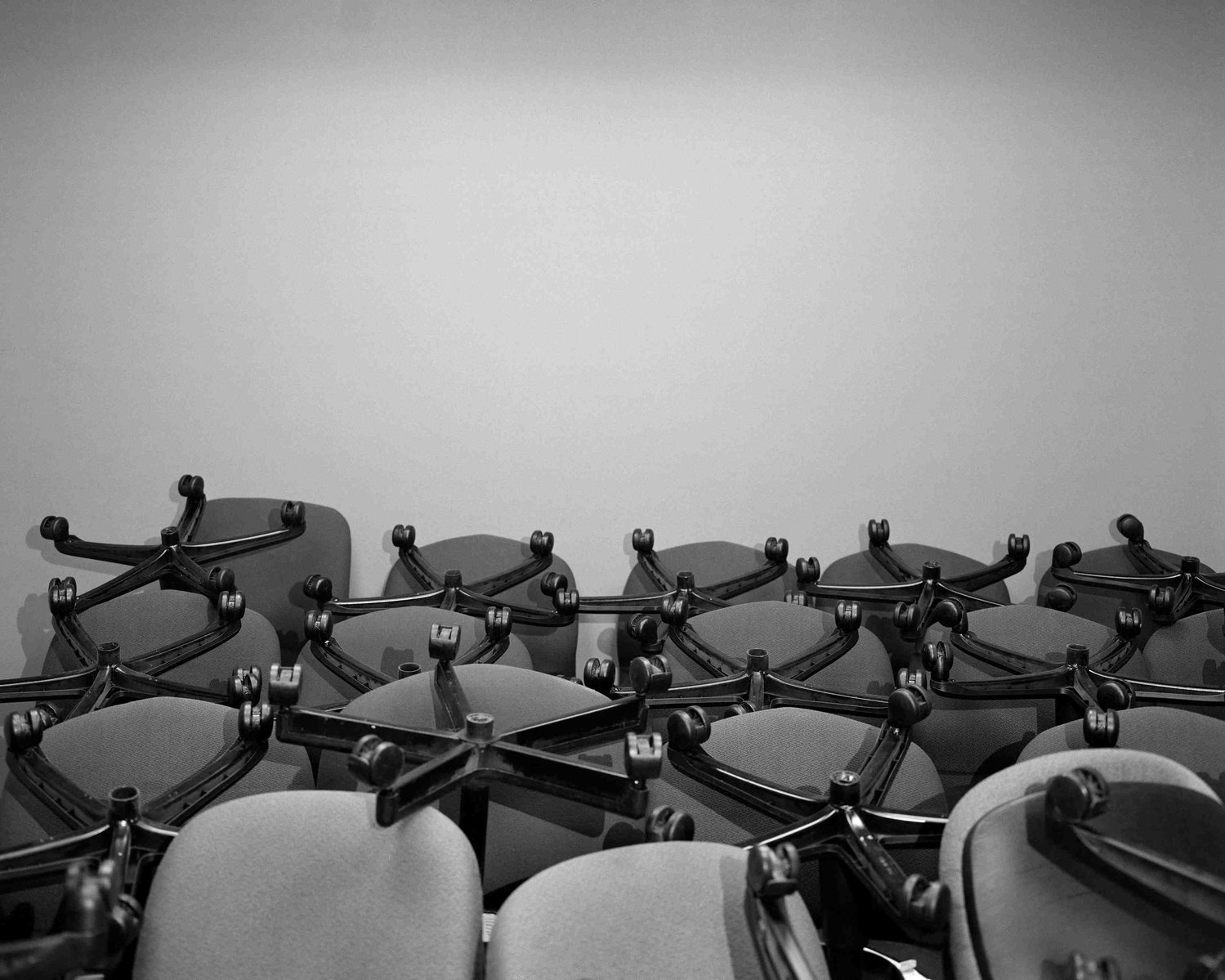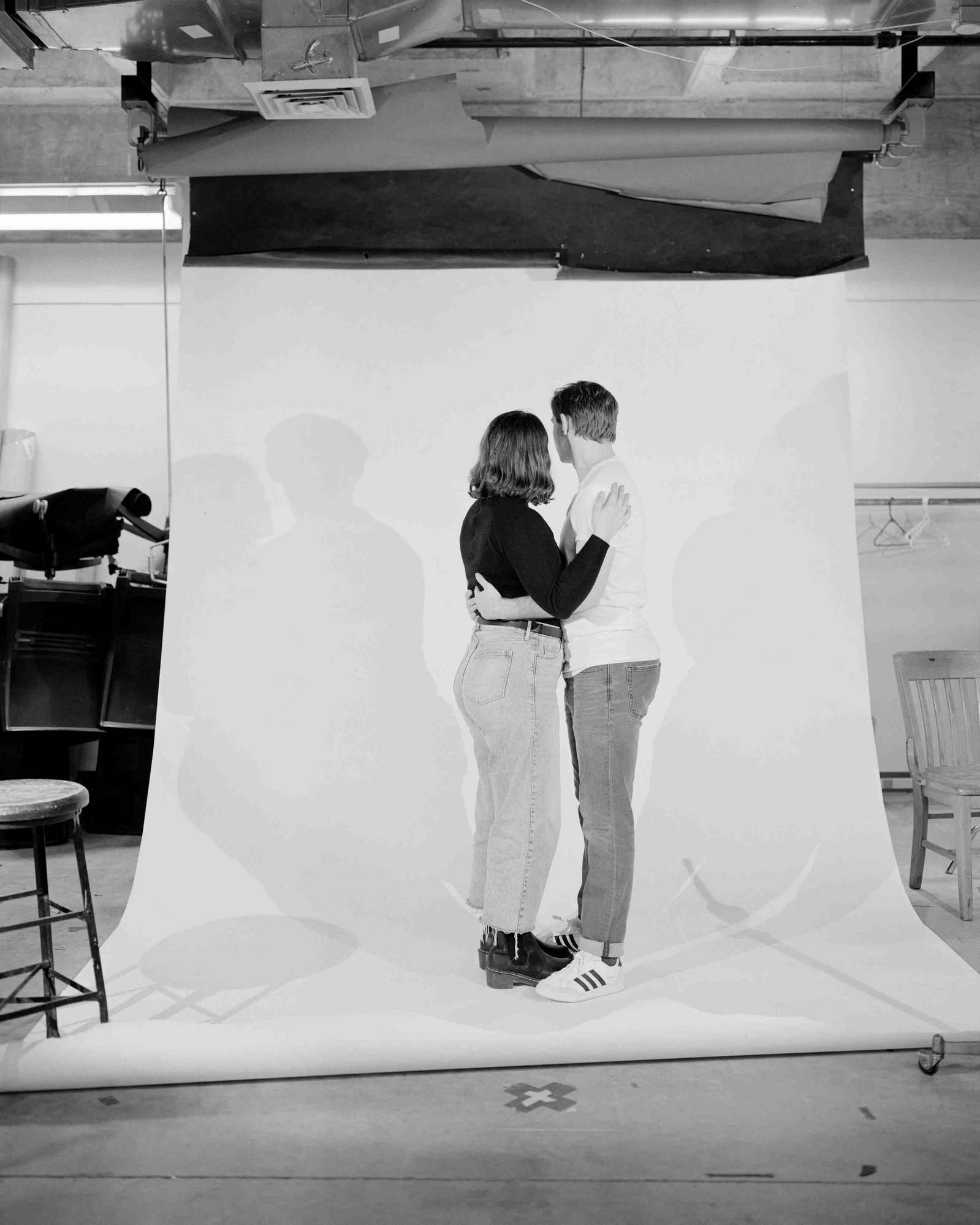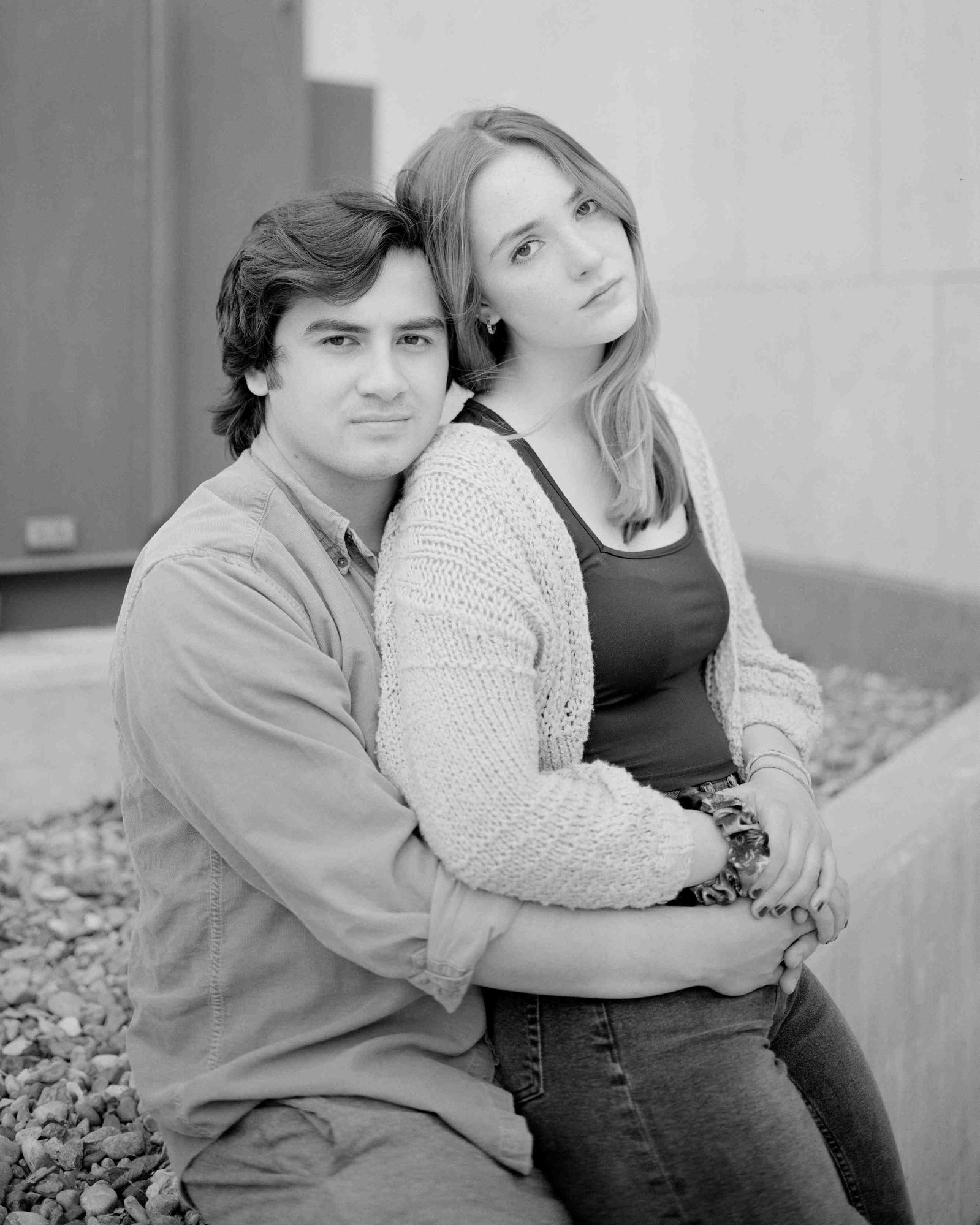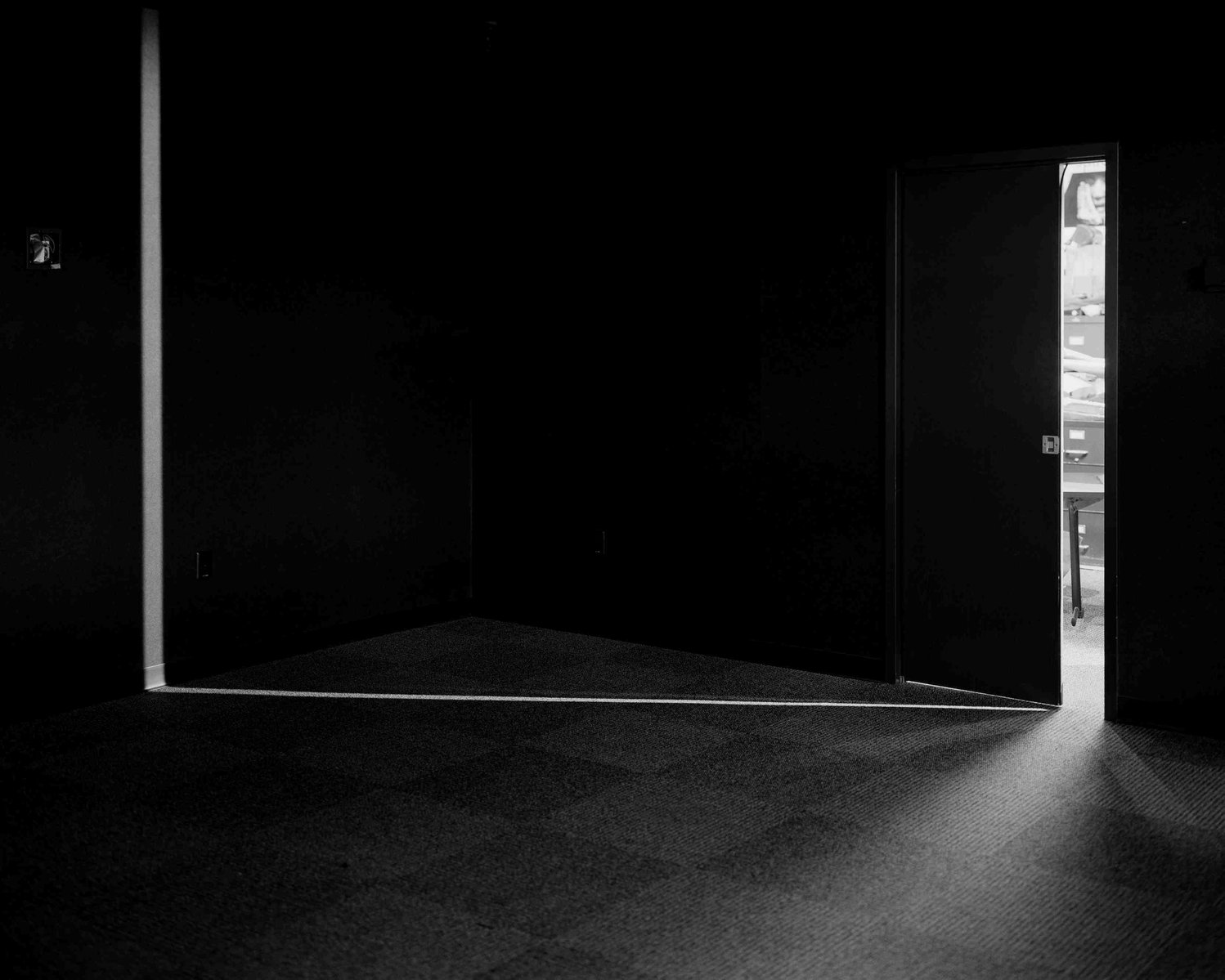![For Marco, right, journalism allows him to bring light to unheard voices. “[My] dream job would be [a] photo editor at a major news outlet,” he said. “I’m worried about not keeping up with the industry, making me not find a job or gig.” Here, Marco sits f](https://format.creatorcdn.com/fb4b41c5-cd44-45d2-90ac-4144f453278a/0/0/0/0,0,3326,2660,3326,1200/0-0-0/06fd8649-0540-4d84-a028-2253d8ef20ed/1/1/Ink-Moscovitch-01.jpg?fjkss=exp=2062496326~hmac=517dc987da7fd7017e45e917f53b78fb3c8f053d087cbb9f5d6cf1beab47313a)
For Marco, right, journalism allows him to bring light to unheard voices. “[My] dream job would be [a] photo editor at a major news outlt,” he said. “I’m worried about not keeping up with the industry, making me not find a job or gig.” Here, Marco sits for a portrait with his friend and fellow journalism student Adam in the newsroom of the Columbia Missourian. After graduation, Marco took a job at NPR. Adam interned at Bloomberg Business and accepted a job there.
“My mom always told me to do something that I loved, not for the money. It’s scary to follow that advice and not be able to provide for my basic needs,” Grace, a college journalism student, recently said.
The number of journalists in the United States has been cut in half over the last 30 years. For many college journalists, a cloud of doubt has shadowed the opportunities available for emerging storytellers across the media landscape.
“If the ink runs dry,” is a project made in collaboration with my university peers and my young coworkers at a daily paper called the Columbia Missourian. It aims to explore the hopes and fears of future reporters, photographers, designers and editors through interviews and large format, black and white film photographs. Some talk about leaving the industry one day, but all hope that they will never see the day that the ink runs dry.
